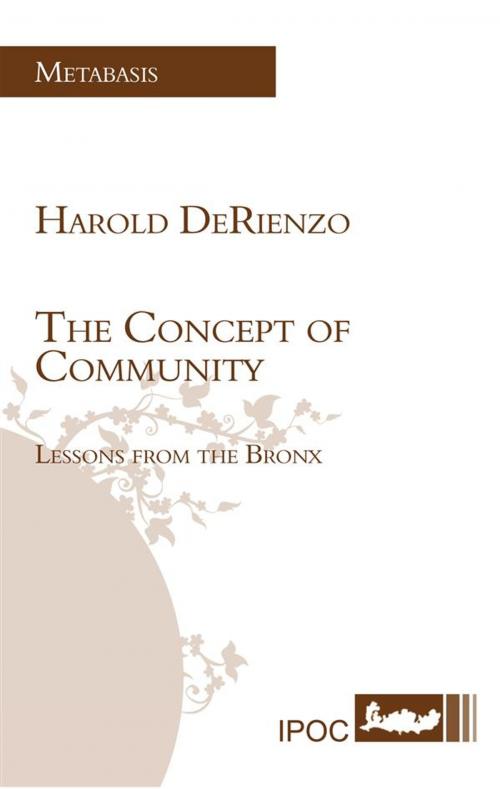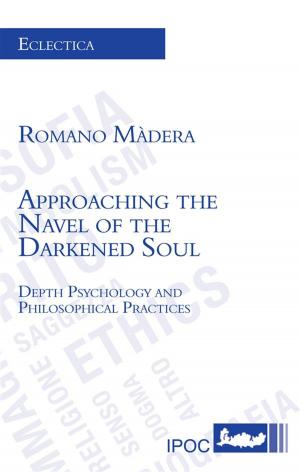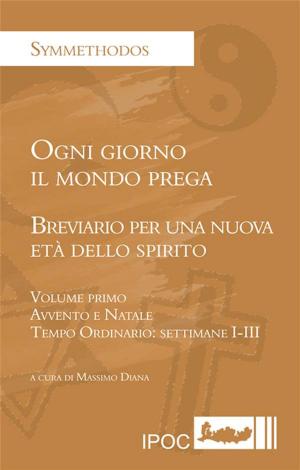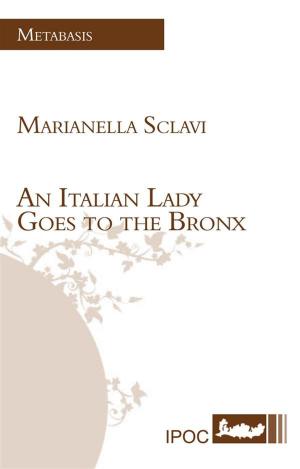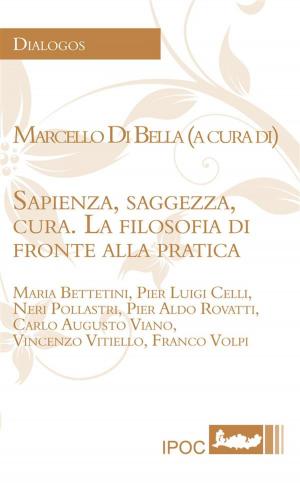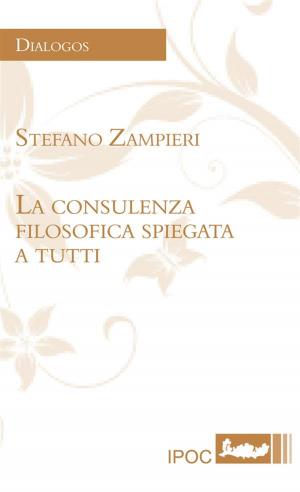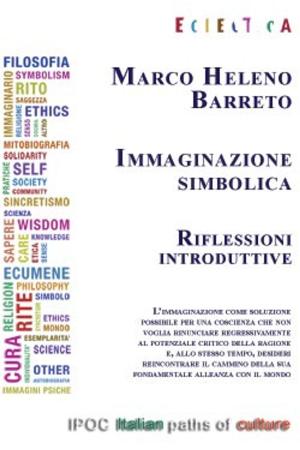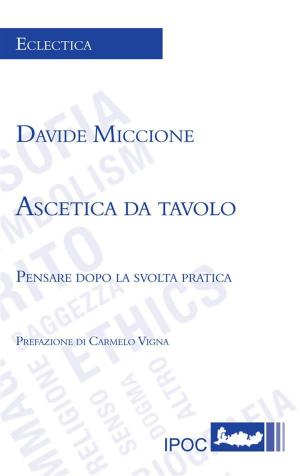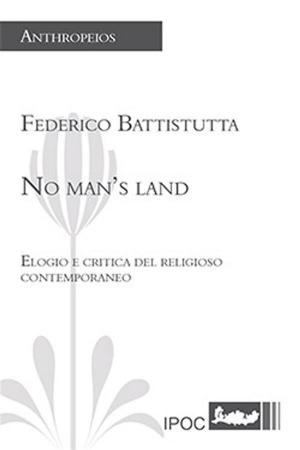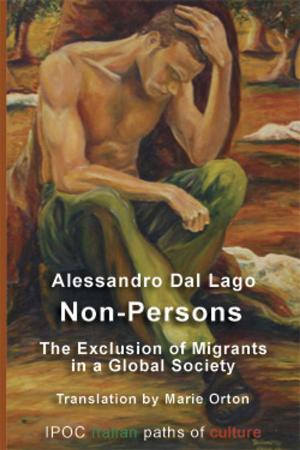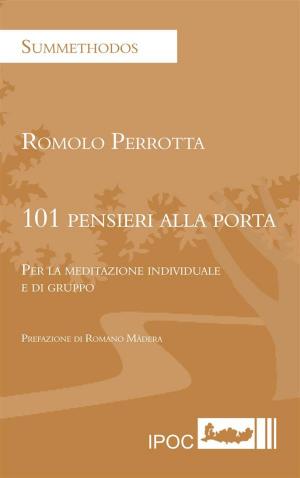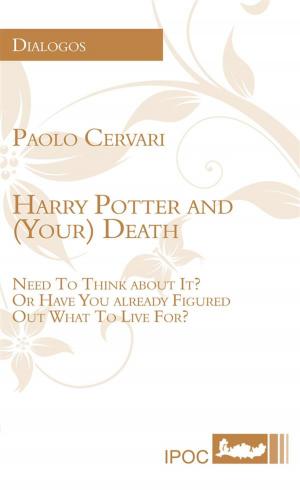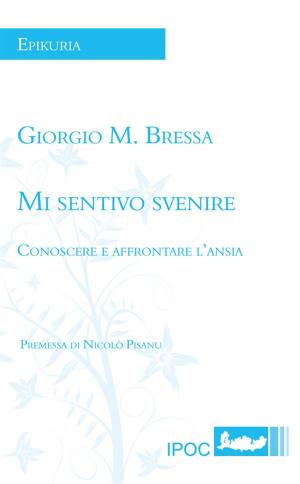| Author: | Harold DeRienzo | ISBN: | 9788896732977 |
| Publisher: | IPOC Italian Path of Culture | Publication: | November 13, 2012 |
| Imprint: | Language: | Italian |
| Author: | Harold DeRienzo |
| ISBN: | 9788896732977 |
| Publisher: | IPOC Italian Path of Culture |
| Publication: | November 13, 2012 |
| Imprint: | |
| Language: | Italian |
Through this book it is my sincere hope that far from providing any absolute answers to problems confronting community that I provide the conceptual tools necessary to engage in community work and appreciate the value of that work and its place in our larger society. But a more pressing dilemma presents itself – the dilemma that community, as a valid and meaningful social construct, is losing relevance. Community represents the best of what people can accomplish when they work together. But in practice, community is irreconcilable with prevailing economic, political and social trends.
When I was younger, I believed that it was possible to develop a political framework and from that political framework could and would emerge the complementary and supportive social and civic institutions necessary to support, protect and evolve that framework. I have come to believe that politics, institutional arrangements, and social organization instead follow from the dominant economy. As such, in an economy dominated by attributes dependent upon a pliant, mobile workforce, there is little practical tolerance for social organization beyond the individual, the family and church groups.
It is my sincere hope that this book serves as a wake-up call to the valuable attributes of community as a social construct, but also how community is a necessary predicate to popular democracy – the preservation of which should represent a cause that we treat as a valuable legacy, instead of an underlying social circumstance we all take for granted while all its meaning and relevance is slowly being dismantled.
Through this book it is my sincere hope that far from providing any absolute answers to problems confronting community that I provide the conceptual tools necessary to engage in community work and appreciate the value of that work and its place in our larger society. But a more pressing dilemma presents itself – the dilemma that community, as a valid and meaningful social construct, is losing relevance. Community represents the best of what people can accomplish when they work together. But in practice, community is irreconcilable with prevailing economic, political and social trends.
When I was younger, I believed that it was possible to develop a political framework and from that political framework could and would emerge the complementary and supportive social and civic institutions necessary to support, protect and evolve that framework. I have come to believe that politics, institutional arrangements, and social organization instead follow from the dominant economy. As such, in an economy dominated by attributes dependent upon a pliant, mobile workforce, there is little practical tolerance for social organization beyond the individual, the family and church groups.
It is my sincere hope that this book serves as a wake-up call to the valuable attributes of community as a social construct, but also how community is a necessary predicate to popular democracy – the preservation of which should represent a cause that we treat as a valuable legacy, instead of an underlying social circumstance we all take for granted while all its meaning and relevance is slowly being dismantled.
